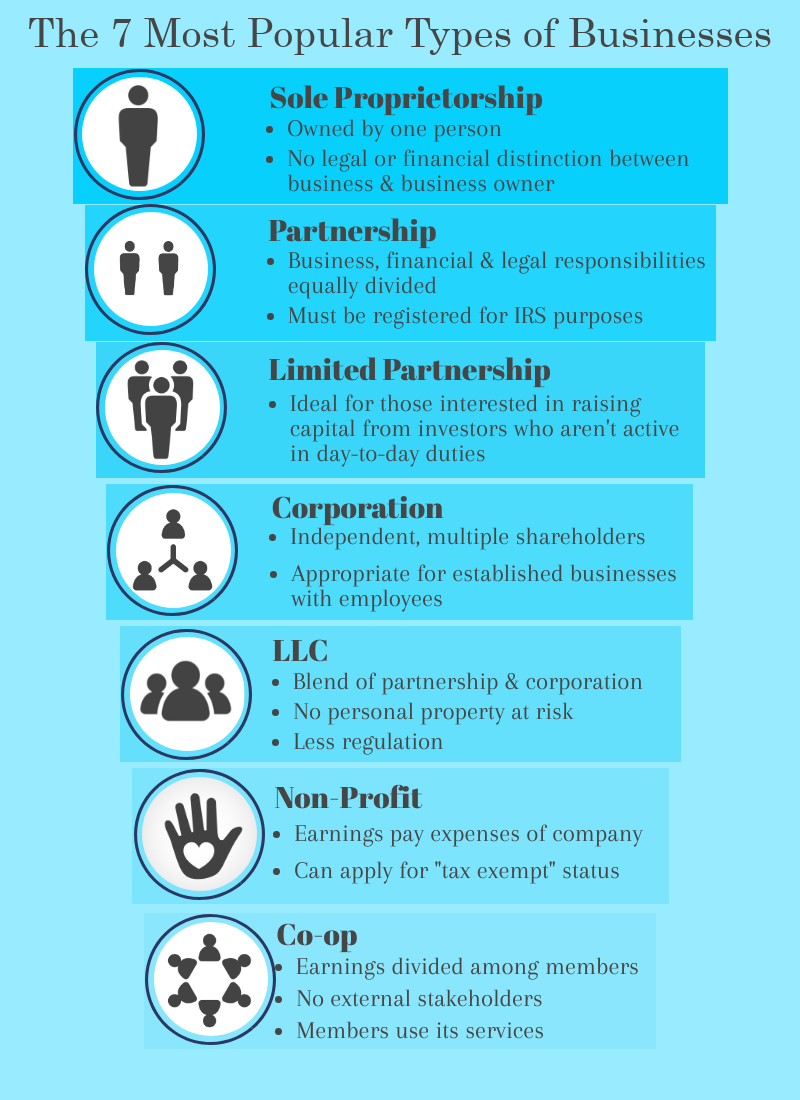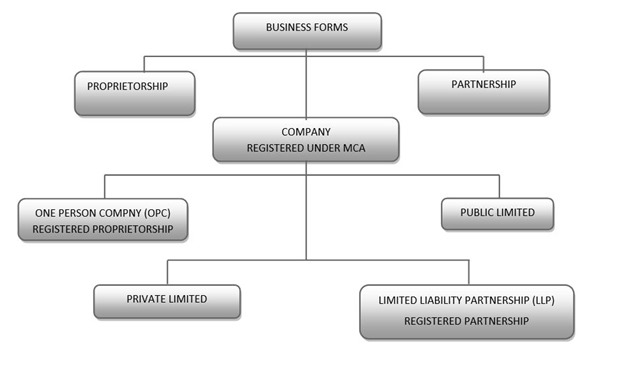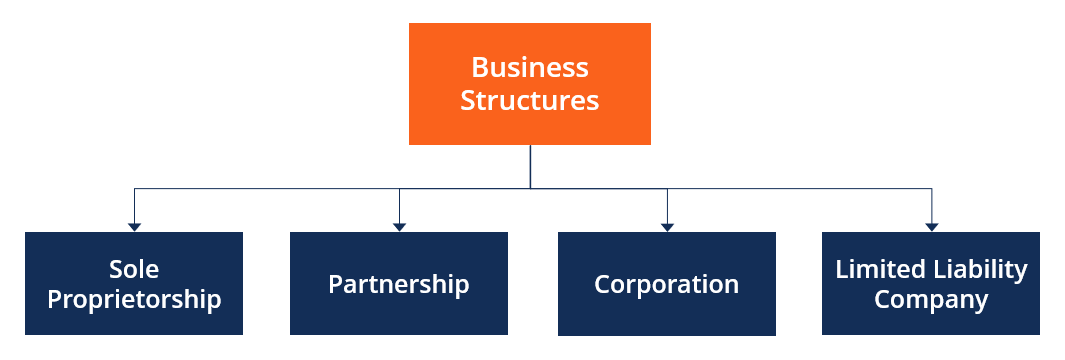Form Of Business Entity Concept
The main objective of the business entity principle is to report the financial matters of a business from the perspective of the business itself. The business entity definition is an organization founded by one or more natural persons to facilitate specific business activities or to allow its owners to engage in a trade.
1 Sole Trader or Proprietorship.

Form of business entity concept. The stock shareholders are considered the legal owners of the company. In other words while recording transactions in a business we take into account only those events that affect that particular business. The idea of the business enterprise assumes that the owner of an organization has specific legal responsibilities for the company.
A partnership can be of two types general partnership and a limited liability partnership. It is run by an individual for his. There are a number of reasons for the business entity concept including.
For example an entitys owner withholds the entitys cash for the use of the personnel concerns. Reasons for the Business Entity Concept. The business entity is therefore considered to be distinct from its owners for the purpose of accounting.
Types of business entities includecorporationspartnershipslimited liability companieslimited liability partnerships and sole proprietorships. The business entity concept also known as separate entity and economic entity concept states that the transactions related to a business must be recorded separately from those of its owners and any other business. Definition of Business Entity Concept.
There are many types of business entities such as sole proprietorships partnerships corporations and government entities. The business entity concept states that a business is an entity in itself and it should be treated as a separate person which is different from its owner. However the organizational documents can change this terminology.
Under this principle the agency will report all transactions separately from the owner thereof. Overview of Business Entity Concept. LLC owners are called members.
Business Entity Concept Definition. Business Entity Concept states that the business and the owner are two separate entities and accordingly must be treated separately. This concept is also called Economic Entity Principle which explains that all the businesses related businesses and the owners are separate entities and therefore these must be dealt with and.
The events that affect anyone else other than the business. The business entity concept declares that a business stands independently from its owner and hence the two should be treated as separate entities when recording transactions. Therefore all business transactions income expenses assets liabilities and equity must be kept separate from the owners personal account to ensure accurate accounting records.
It is the first and most basic type of business entity. The people who run an LLC are called managers. Personal activities of the owners are kept separate from the business transactions and excluded from the financial statements.
Financial accounting is based on the premise that the transactions and balances of a business entity are to be accounted for separately from its owners. One person runs it and the profits are all for himself. An accounting entity is a business for which a separate set of accounting records is maintained.
Limited Liability Company. Each business entity is taxed separately. Under the Business entity concept it is assumed that for the purpose of accounting practice business and.
It is needed to calculate the financial performance and financial position of an entity. Business Entity Concept Definition. Business entity concept is also known as a separate entity concept and economic entity concept.
The business entity principle requires each business to be treated separately from its owners for accounting purposes. This is the simplest and basic form of a business entity. A limited liability company LLC is a unique form of business entity.
Types of Business Entities Sole traderProprietorship. According to the business entity principle though a single person runs the business they should be considered as. There are generally no restrictions on the number or type of owners of an LLC.

















